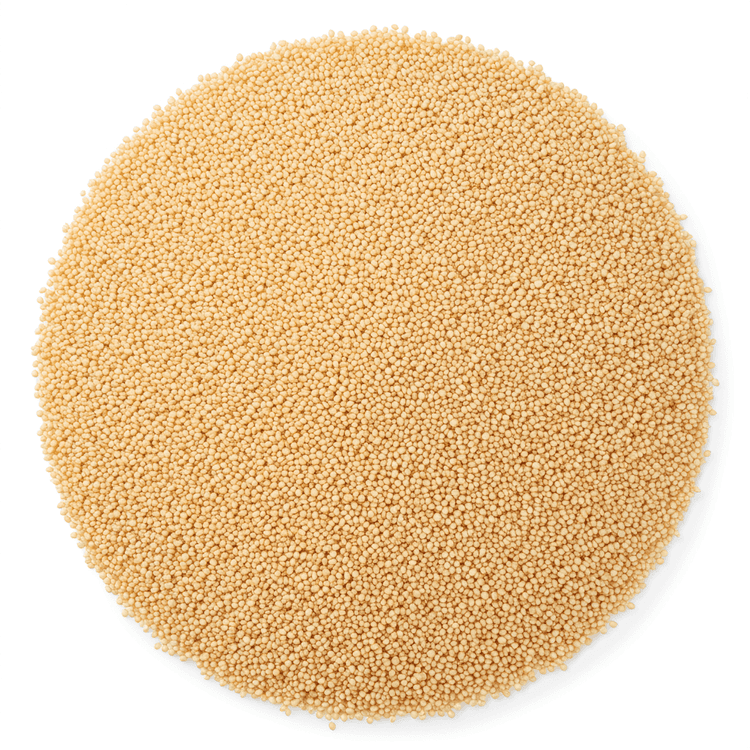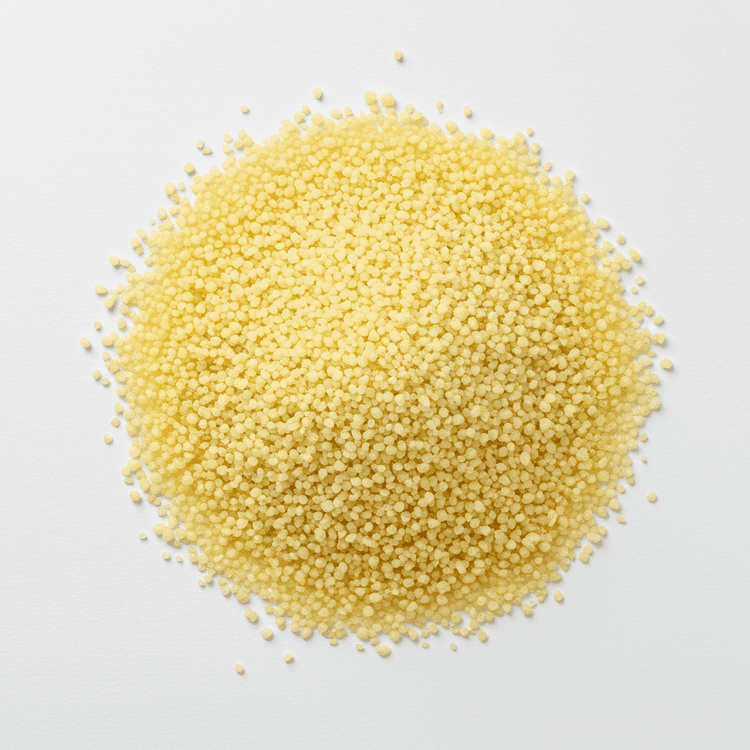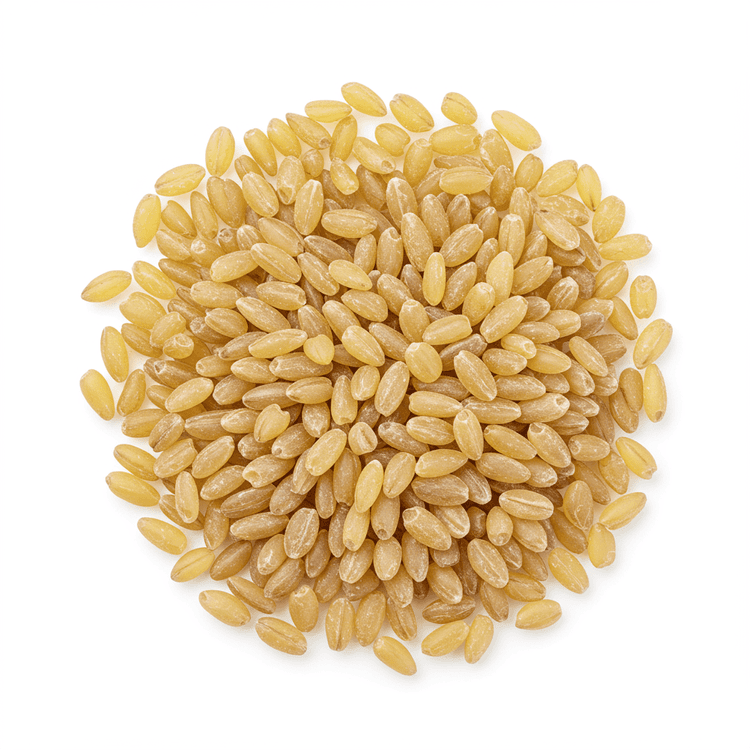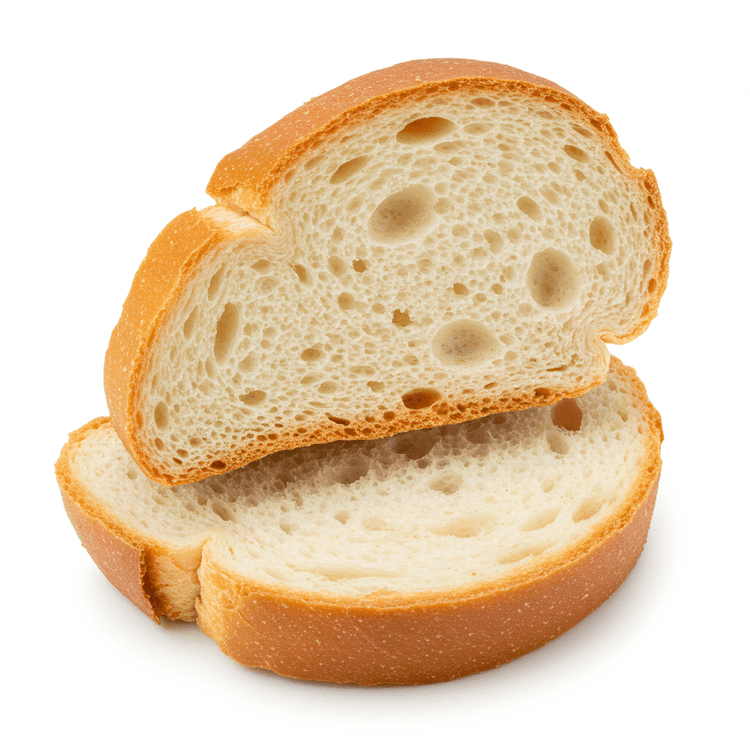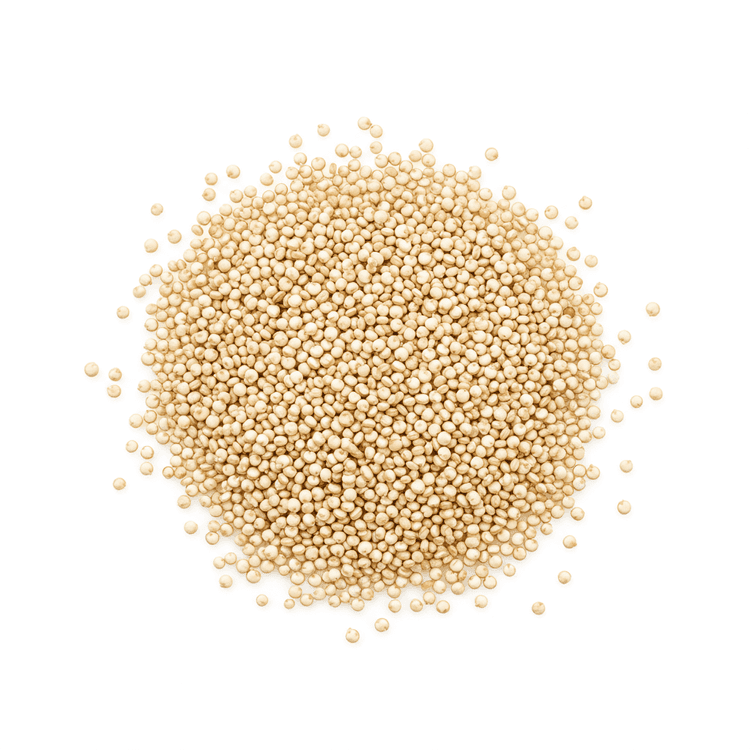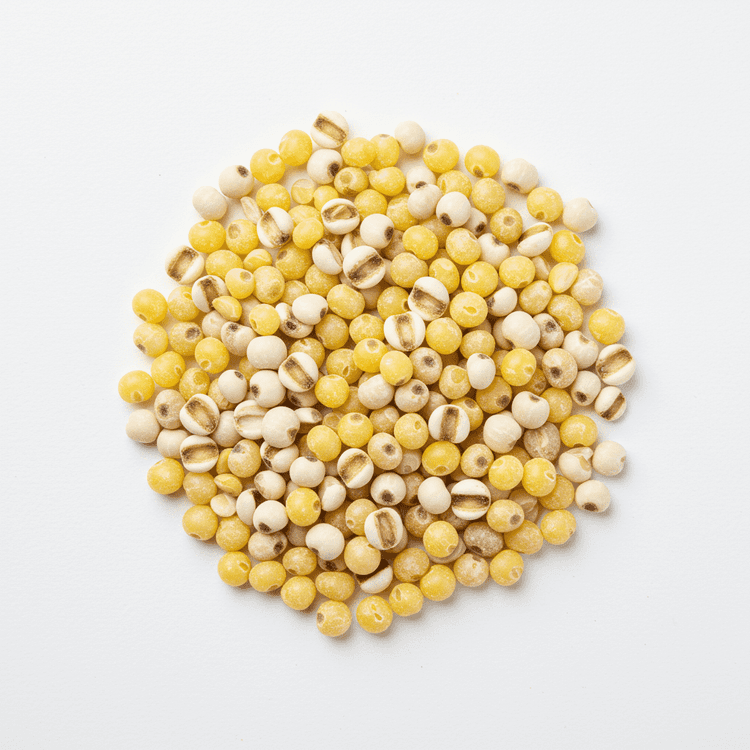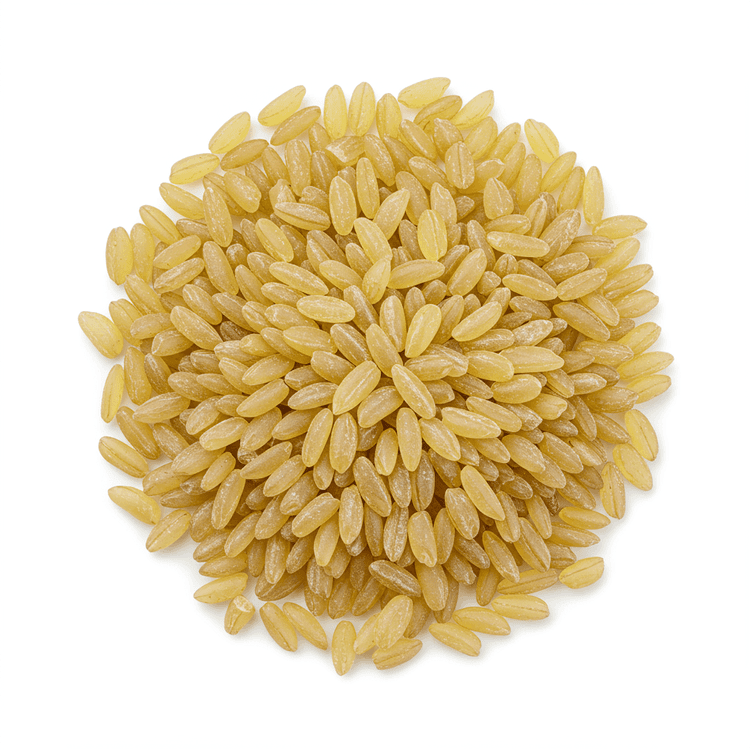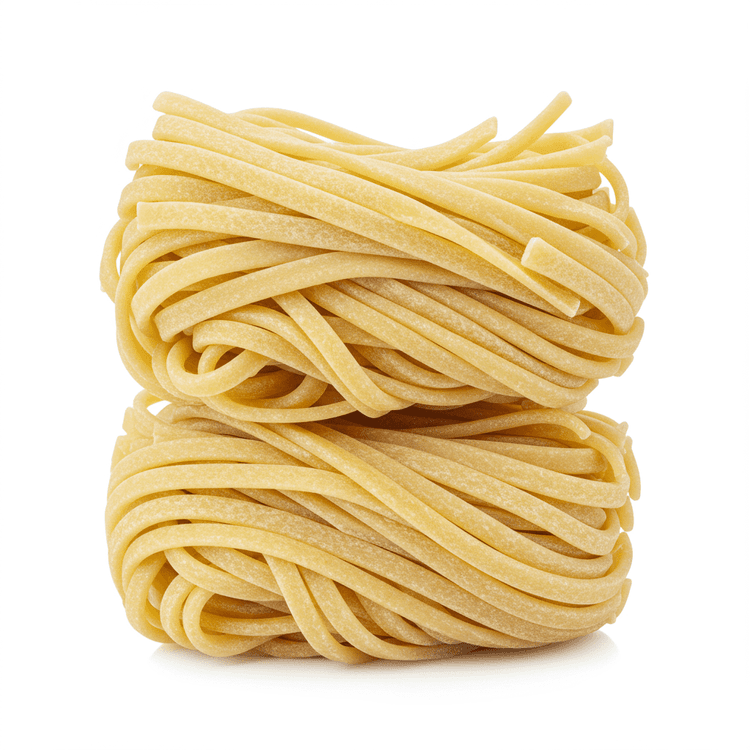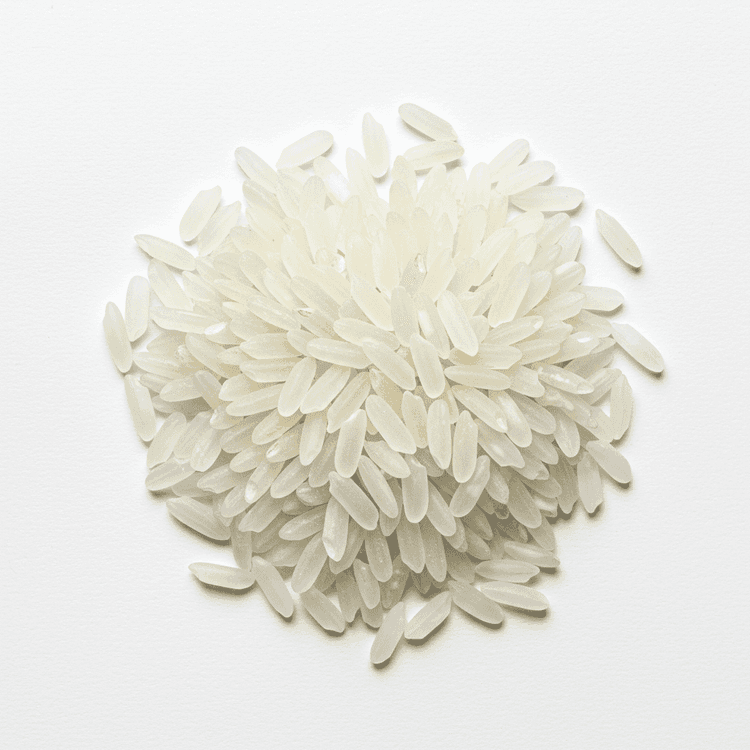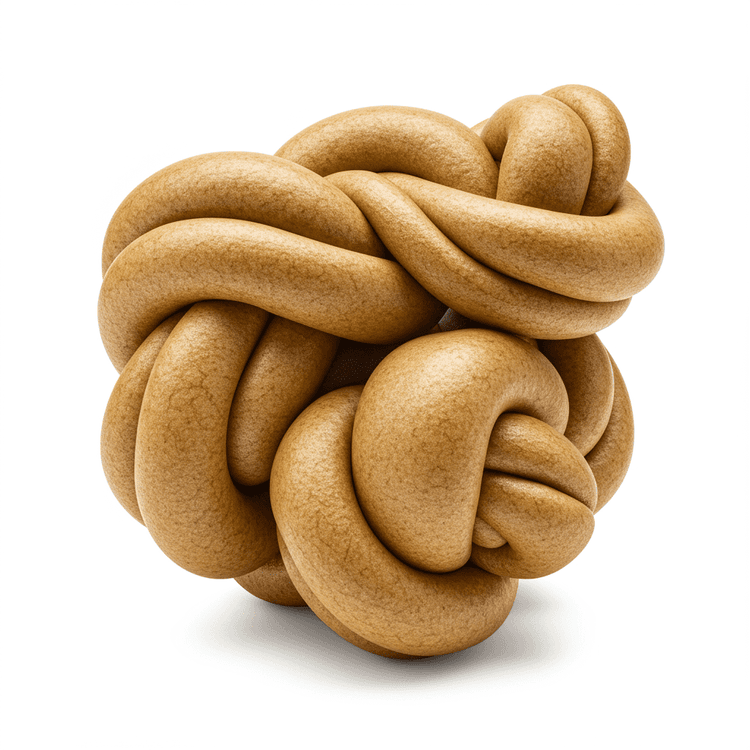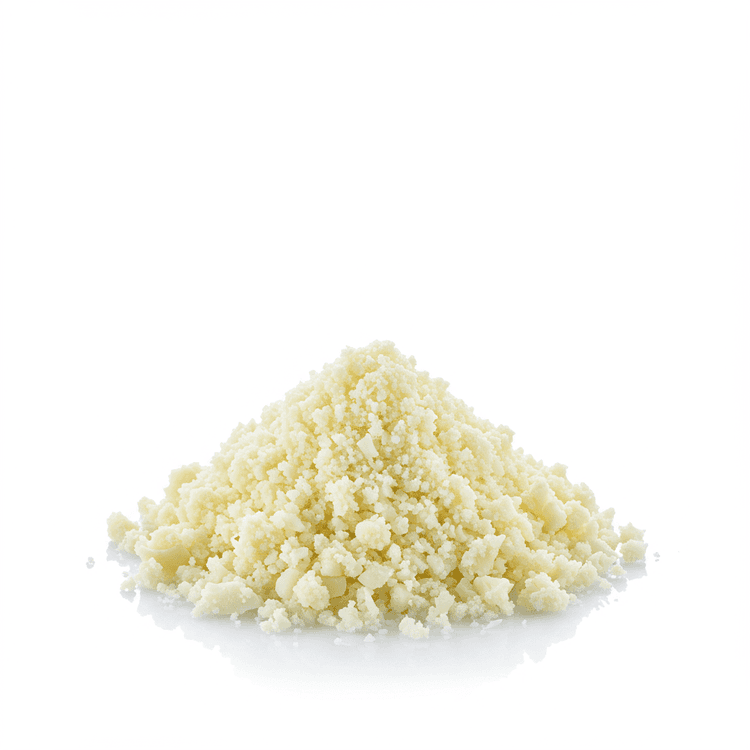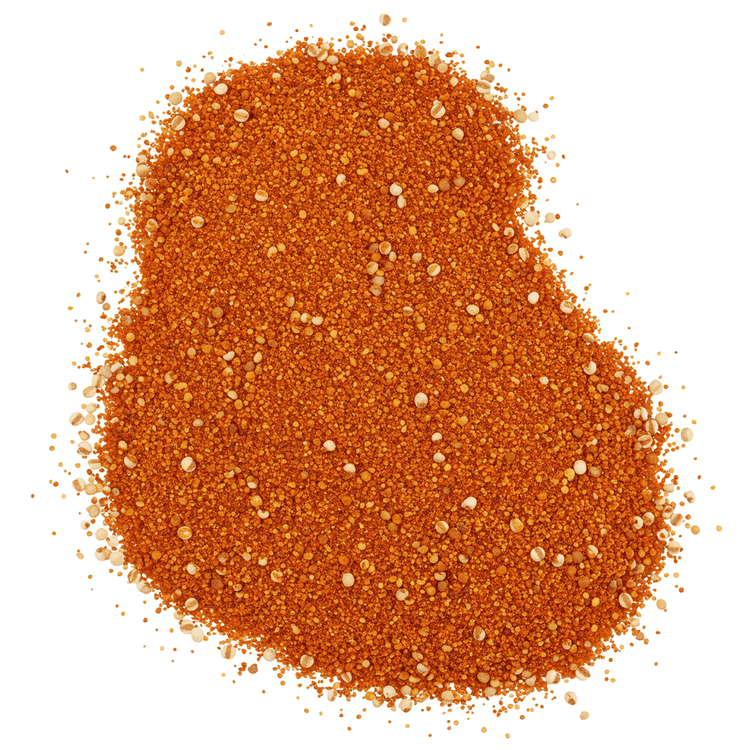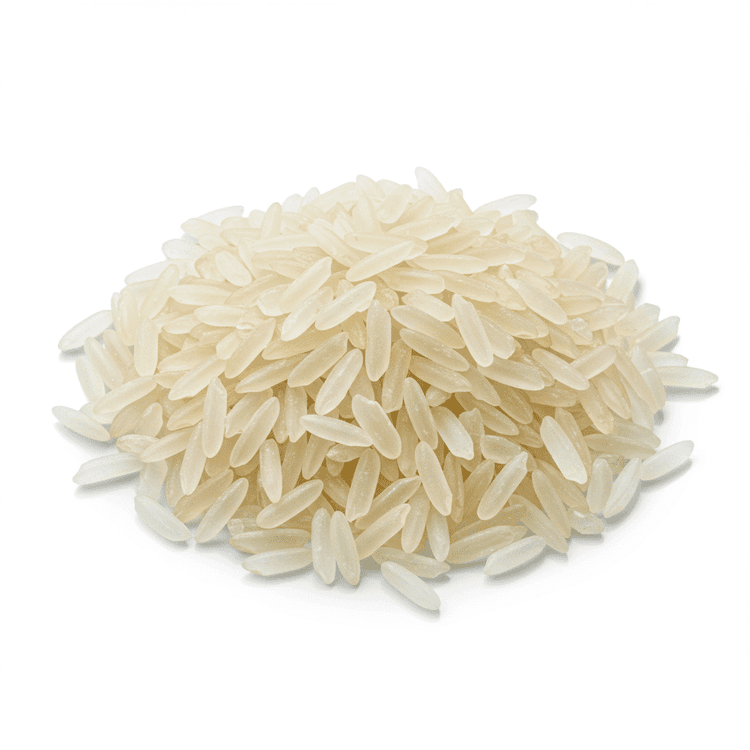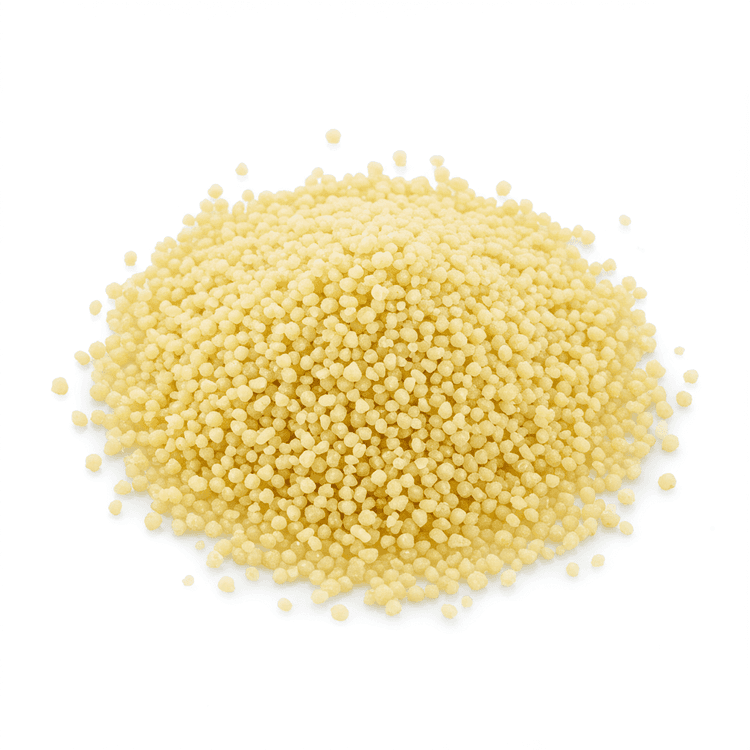
Couscous
Couscous is a versatile staple food made from small, steamed granules of semolina, or durum wheat. It has a light, fluffy texture and a mild, slightly nutty flavor, making it a great base for absorbing the flavors of sauces, stews, and other accompanying dishes. The tiny, round grains are typically pale yellow in color. When cooked, couscous becomes tender and slightly chewy. Many enjoy using couscous as a substitute for rice or other grains, because it's simple to prepare, and absorbs flavors easily. It makes a light and satisfying meal.
Common Uses
- Serve as a bed for vegetable or meat stews: Cooked couscous readily soaks up flavorful sauces and gravies, making it an excellent accompaniment to stews and braises. The neutral flavor of the couscous complements the richness of the dish.- Create a refreshing couscous salad: Combine cooked and cooled couscous with chopped vegetables like cucumbers, tomatoes, bell peppers, herbs, and a lemon vinaigrette for a light and healthy salad.- Use as a filling for stuffed vegetables: Mix cooked couscous with herbs, spices, and other ingredients to stuff vegetables like bell peppers, zucchini, or tomatoes, offering a nutritious and flavorful meal.- Incorporate into soups: Add cooked couscous to soups to thicken them and provide additional texture and substance. The small grains cook quickly within the broth.- Serve as a side dish with grilled meats or fish: Offer plain or seasoned couscous alongside grilled proteins as a simple and satisfying side.- Create a sweet couscous dessert: Cook couscous with milk or cream, sugar, and flavorings like cinnamon or vanilla for a sweet and creamy dessert or breakfast.
Health Benefits
- Good source of selenium, an antioxidant that supports thyroid function and immune health.
- Provides plant-based protein, essential for muscle building and repair.
- Contains fiber, promoting digestive health and helping regulate blood sugar levels.
- Offers complex carbohydrates for sustained energy release, preventing energy crashes.
- Can be a source of B vitamins, important for energy metabolism and nerve function.
- May contribute to heart health by helping to lower LDL cholesterol levels.
Substitutes
Chefadora AI is here.
Experience smarter, stress-free cooking.
Storage Tips
Uncooked couscous should be stored in an airtight container in a cool, dry place, like a pantry, away from direct sunlight and heat. This will help prevent moisture absorption and insect infestation, allowing it to last for up to two years. Cooked couscous should be refrigerated in an airtight container and consumed within 3-4 days to prevent spoilage. If you've cooked a large batch, you can freeze cooked couscous in freezer bags for up to 2 months.
Marnirni-apinthi Building, Lot Fourteen,
North Terrace, Adelaide, South Australia, 5000
Australia

